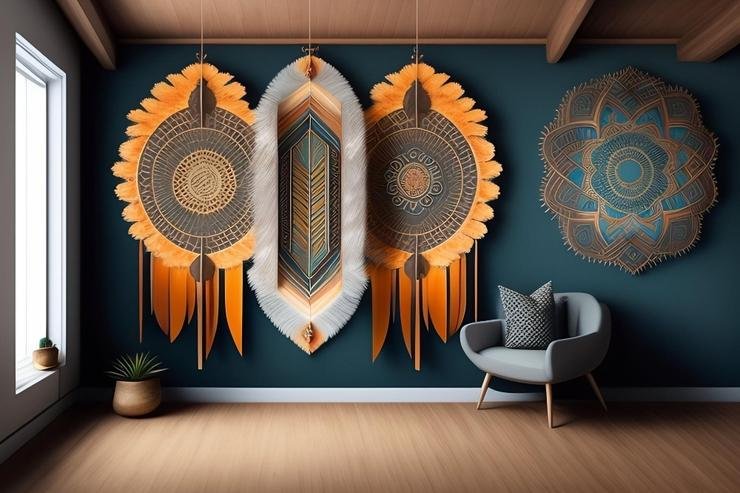The Future of Fashion Design: How JIET is Leading the Way
The fashion design industry is undergoing a revolutionary transformation, influenced by cutting-edge technology, sustainability, and a shift towards ethical practices. As these trends reshape the industry, fashion designers must not only stay updated but also adapt quickly. JIE is at the forefront of this evolution, offering fashion design programs that equip students with the tools to lead the future of fashion.
Key Trends Shaping Fashion Design
Sustainable and Ethical Fashion
Sustainability is no longer a choice—it's a requirement. The demand for eco-friendly materials such as recycled polyester, organic cotton, and plant-based fabrics is growing. Consumers are also more concerned about the ethics of fashion production. At JIET, students are trained to integrate sustainable practices into their design work, ensuring they create eco-conscious and ethically produced fashion.
Technology in Fashion Design
Technology has dramatically changed the fashion landscape, providing new ways to design and consume fashion. JIET exposes its students to state-of-the-art technologies such as 3D printing, virtual reality (VR), and digital design platforms. These tools allow designers to innovate faster, create virtual prototypes, and bring their designs to life in a virtual space before they are produced. This not only reduces waste but also opens up new avenues for creativity.
Circular Fashion
Circular fashion is about creating long-lasting, recyclable clothing. Instead of following the traditional "buy and discard" model, brands are now focusing on durability and repurposing. JIET teaches its students the importance of designing for longevity, embracing circular fashion as a way to reduce the waste generated by fast fashion.
Global Perspectives
Fashion is a global language, and understanding international trends is vital for future designers. JIET incorporates global fashion insights into its curriculum, allowing students to stay updated with international trends and standards. Exchange programs and collaborations with global designers ensure that students are well-prepared to cater to a worldwide audience.
How JIET is Leading the Way
JIET's fashion design program stands out for its focus on creativity, sustainability, and technological integration. Students receive hands-on experience through workshops, industry internships, and collaborations with leading fashion houses. JIET emphasizes a multidisciplinary approach, blending creativity with practical experience to solve real-world design challenges. With access to digital design tools and cutting-edge technology such as 3D printing and virtual design platforms, JIET graduates are prepared to meet the demands of a rapidly evolving industry. The institution also fosters innovation in sustainable and ethical design, ensuring that students leave with the mindset and skills needed to lead the future of fashion.
Conclusion
The future of fashion design is shaped by sustainability, technological advancements, and global trends. As these elements continue to redefine the industry, institutions like JIET play a crucial role in preparing the next generation of fashion designers. With its focus on sustainability, advanced technology, and global insights, JIET ensures that its students are ready to become visionary leaders in the fashion world.





















